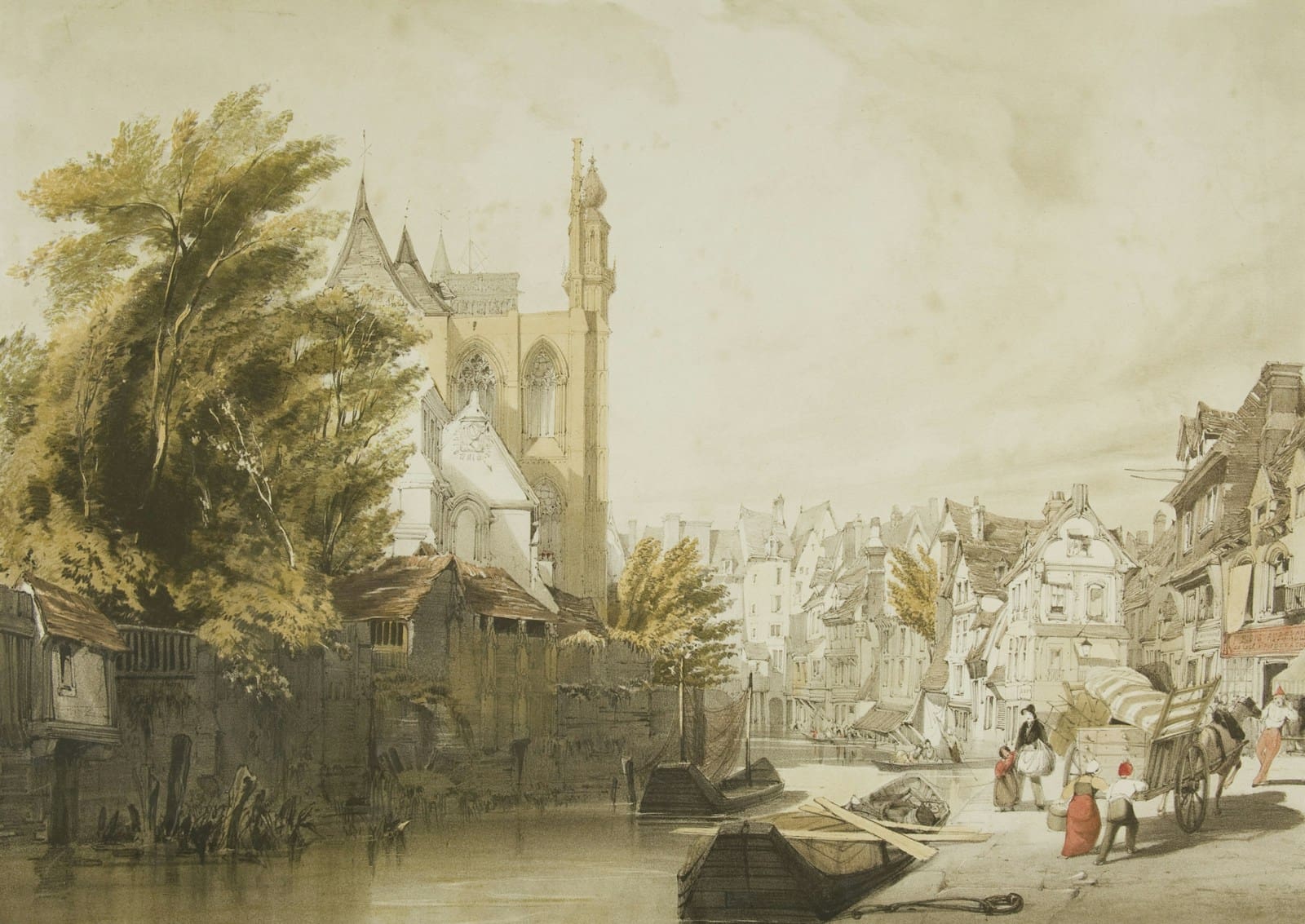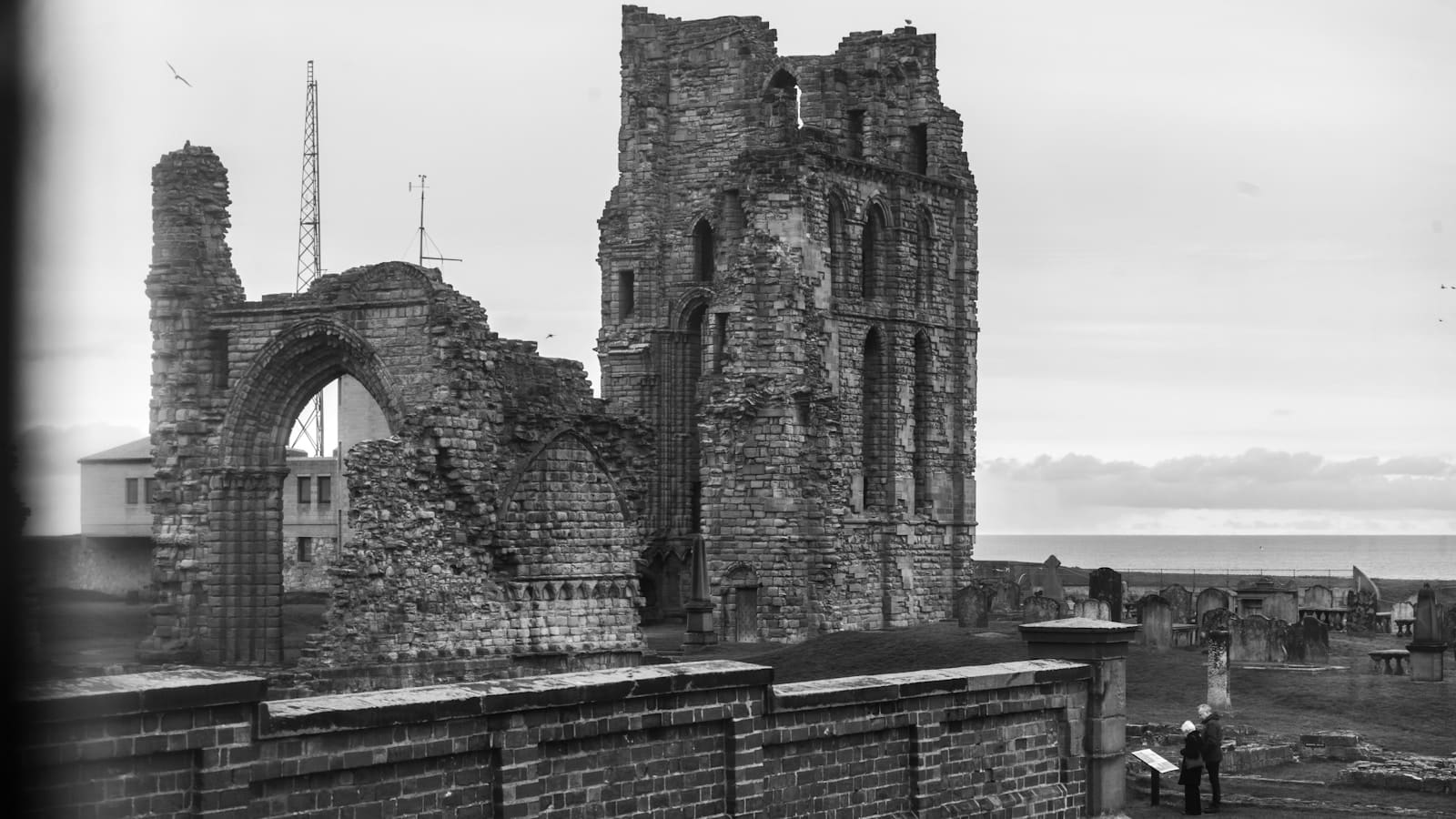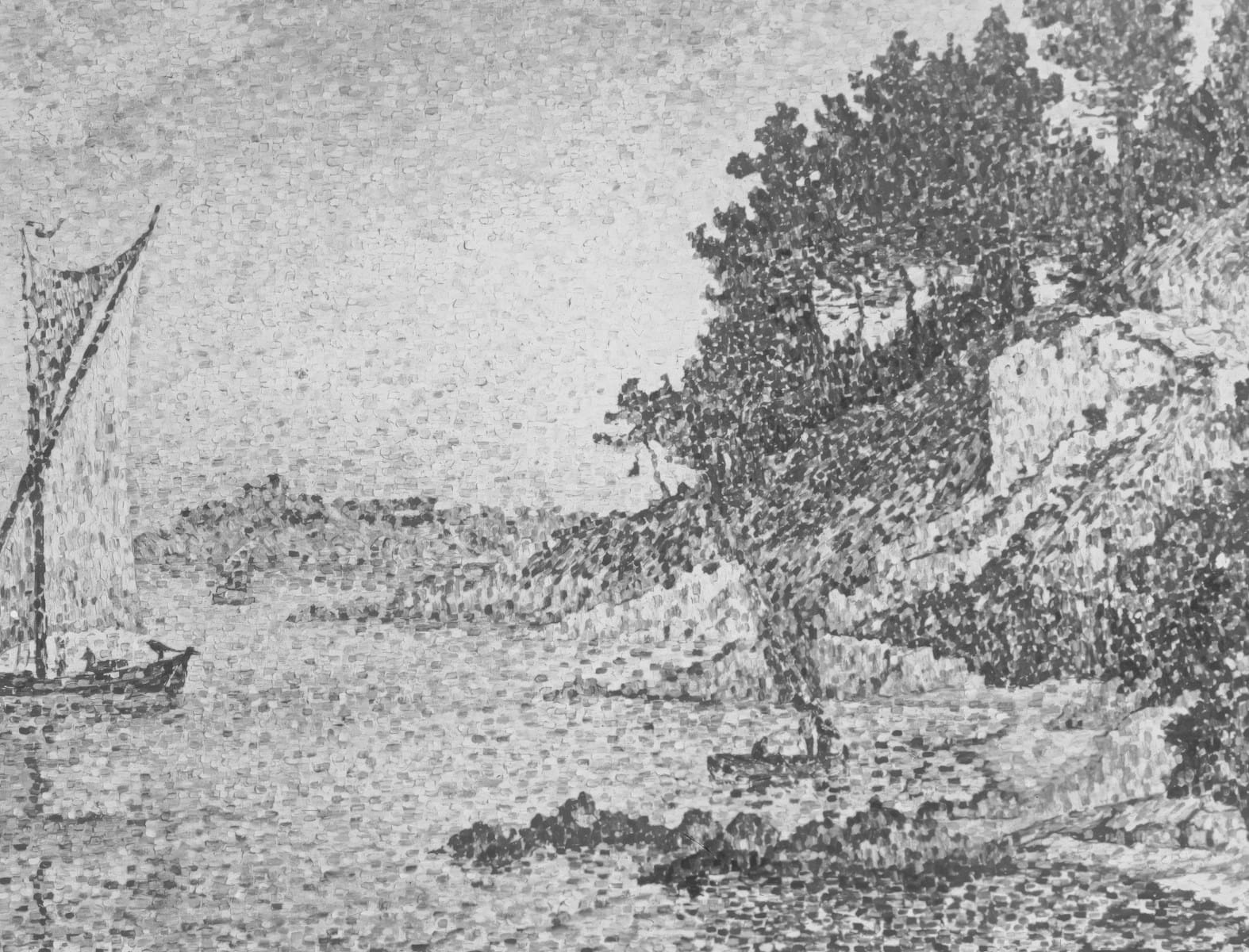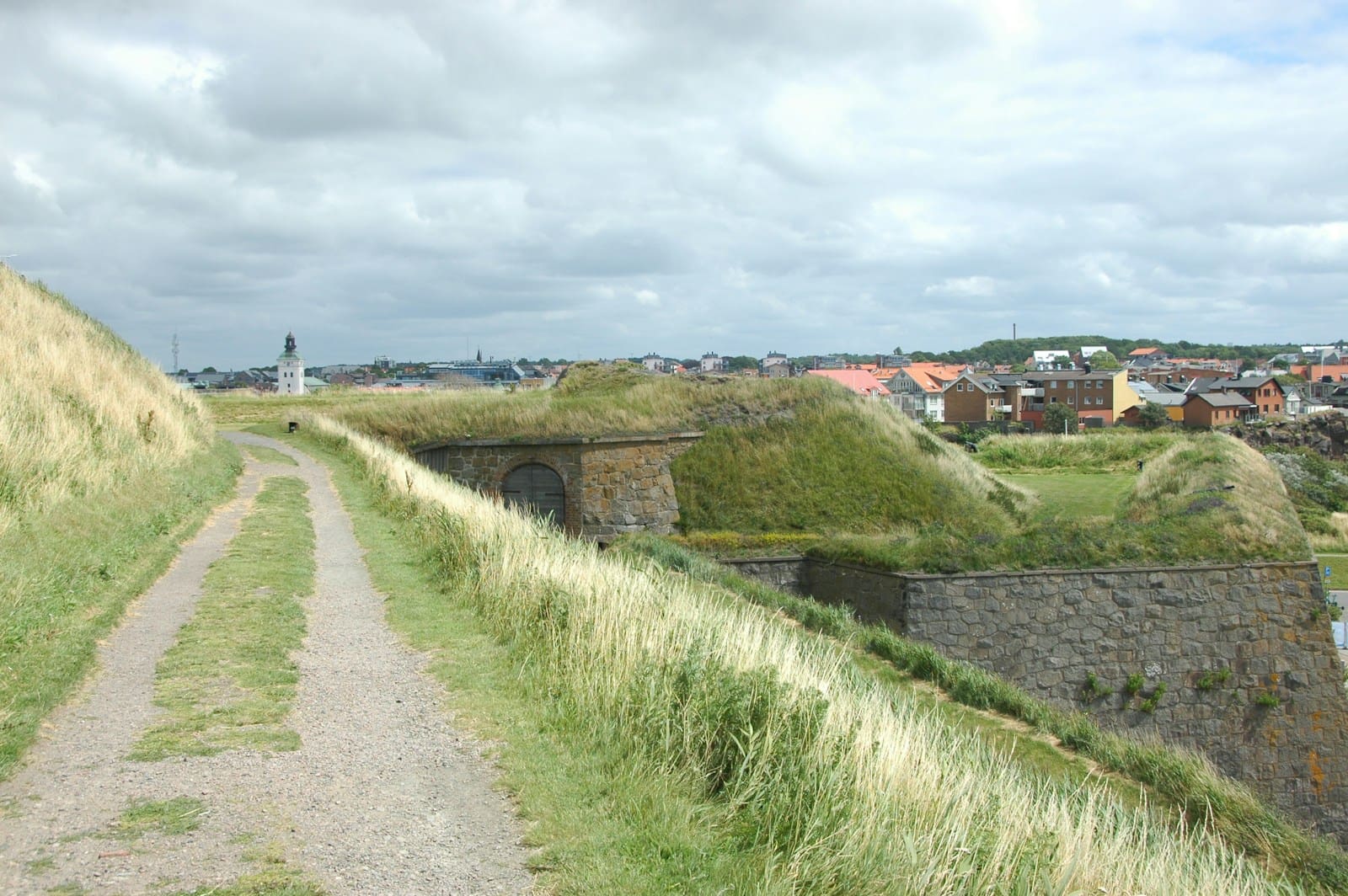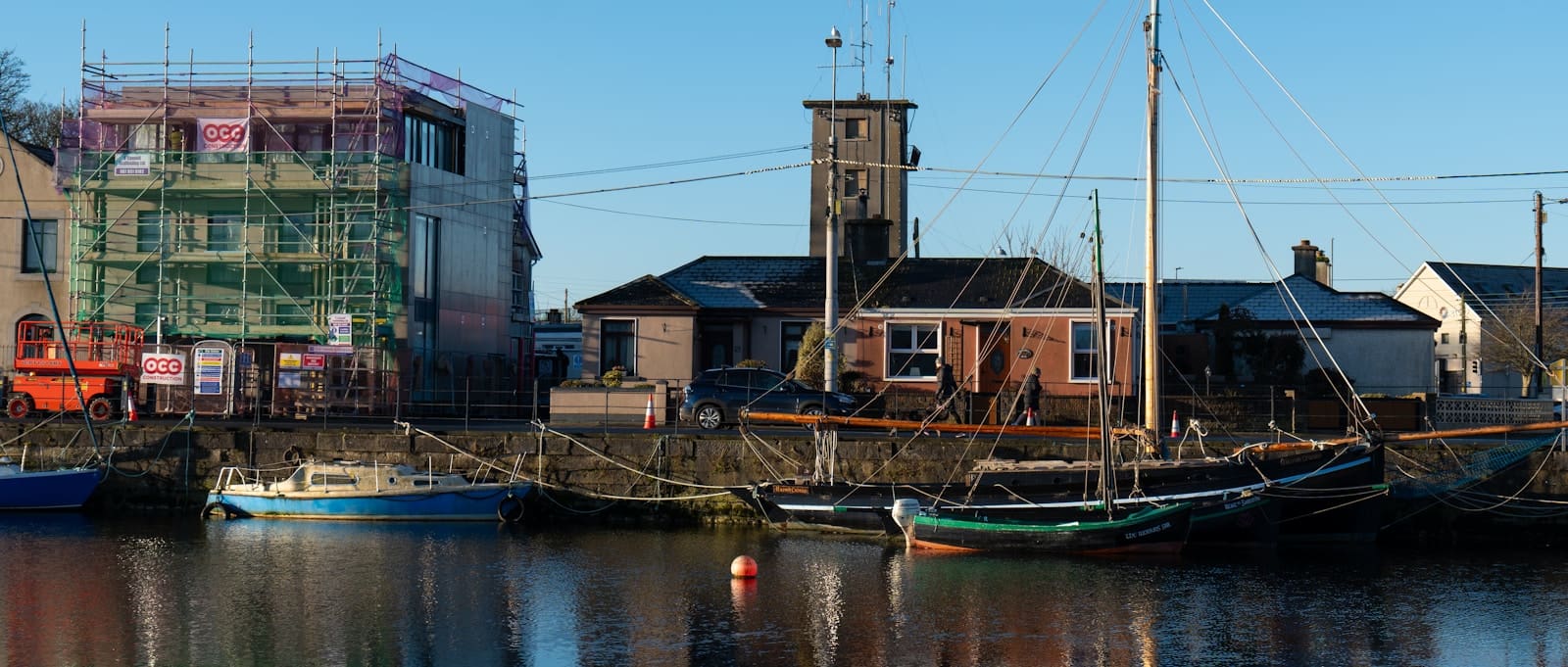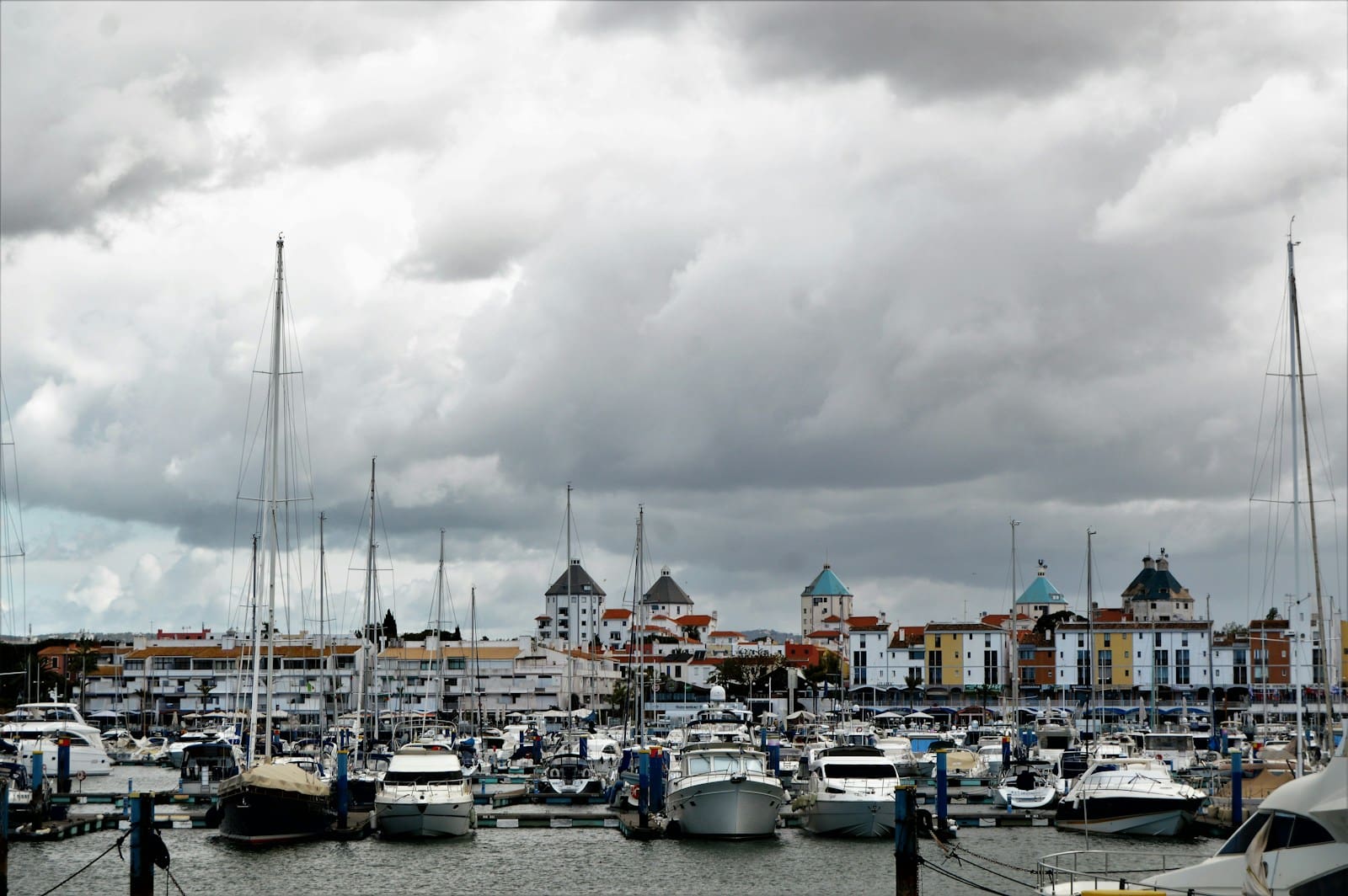Category: Grimsby, England
-
The Legacy of Edmund de Grimsby As the Middle Ages progressed, Grimsby’s fortunes continued to ebb and flow with the tides. In the mid-14th century, one man’s generosity stood out as a beacon of civic pride and philanthropy — Edmund de Grimsby. A native son who rose from the Humber’s muddy banks to the heights…
-
From Settlement to Seaport By the 12th century, the small Norse settlement of Grimsby had evolved into something far more ambitious — a bustling fishing and trading port. Its location on the Humber estuary gave it direct access to the North Sea and inland trade routes, turning it into a natural hub for merchants, sailors,…
-
The Divine Echo in the Name The story of Grimsby runs deeper than simple geography or settlement — its name itself is a fragment of mythology. In the old Norse tongue, “Grimr” or “Grim” was not just a name but a sacred title. It was one of the many epithets of Odin, the Allfather of…
-
The Divine Mask Behind the Name The story of Grimsby is not only anchored in history — it’s also touched by myth. Long before the town became a fishing port, before trawlers and trade, it may have been home to one of the oldest storytelling traditions in Europe: the idea that gods sometimes walked among…
-
The Arrival of the Danes Sometime in the 9th century AD, long after the Romans had left Britain, ships carrying Danish settlers arrived on the shores of the Humber estuary. Among them were traders, farmers, and fishermen — people who lived by the rhythm of the sea and followed the tides to new lands. They…
-
Ancient Beginnings Beneath the Humber Long before the sound of trawlers echoed across the docks, the land that would become Grimsby, England, was already home to hardworking people who lived by the sea. Archaeological evidence shows that as early as the 2nd century AD, during the Roman occupation of Britain, there was a small settlement…
-
A Town Built on the Water On England’s east coast, where the River Humber meets the North Sea, lies Grimsby — a town with salt in its veins and history in every gust of ocean air. It’s not a place that tries to impress with glitter or grandeur. Instead, Grimsby’s charm comes from its grit,…
